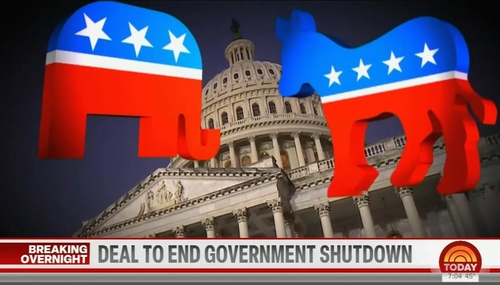Those who cannot remember the past are condemned to repeat it -- George Satayana.
Well and good. But becoming a prisoner of the past presents dangers, too. Stay tuned for an example of how reliance on a corollary of Satayana's rule went horribly wrong for the U.S.
Maureen Dowd's column of this morning "W.M.D. in Iran? Q.E.D." is the latest example of what passes for MSM wisdom on Iran. The argument, in a nutshell: we attacked Iraq over ill-founded concerns about WMD and got bogged down. So perish the thought of using force to prevent Iran from acquiring a nuclear weapon.
Dowd dishes her variation on this line in the form of an apocryphal "Meet the Press" interview by Tim Russert of Maureen's Veep Noire, Dick Cheney. Excerpt:
RUSSERT: First you threatened to take action if Iran built a nuclear weapon. Now you’re threatening to take action if Iran knows how to build a nuclear weapon. What’s next? You threaten to take action if Ahmadinejad dresses up as a nuclear weapon for Halloween?
CHENEY: Well, the difficulty here is, each time he has rejected what he was called upon to do by the international community. I’m not sure now, no matter what he says, that anyone would believe him. He’s pretending he doesn’t have W.M.D., just like Saddam.
RUSSERT: But Saddam didn’t have W.M.D.
CHENEY: He did, Tim.
RUSSERT: He did?
CHENEY: Ever wonder what happened to them?
RUSSERT: What happened to them?
CHENEY: Think about it, Tim.
Ha-ha. We get it. Except . . .
Whereas Saddam's possession of WMDs was a matter of reasonable but ultimately erroneous surmise, Iran is unquestionably going about developing nuclear capability. Ahmadinejad proclaims it to the world weekly. Earlier this year, a leading security think-tank estimated Tehran was two to three years away from acquiring a weapon. Even U.N. Secretary-General Ban Ki-moo, while preaching negotiation, says he's "very worried" about Iran's nuclear program.
That corollary to the Satayana rule I was talking about? It's the notion that each presidential election is an attempt to cure the ills of the preceding presidency. In the post-Watergate world of 1976, reliance on that rule brought us President Jimmy Carter. Let's see -- how did his Iran policy turn out?
Note: The Dowd crowd urges diplomacy with Iran. But as Ed Morrisey has noted at Captain's Quarters, an Iranian dissident discourages negotiations on the grounds that "it establishes [the Iranian regime] even more as legitimate and it damages the morale of those who work to rid Iran of oppression."




